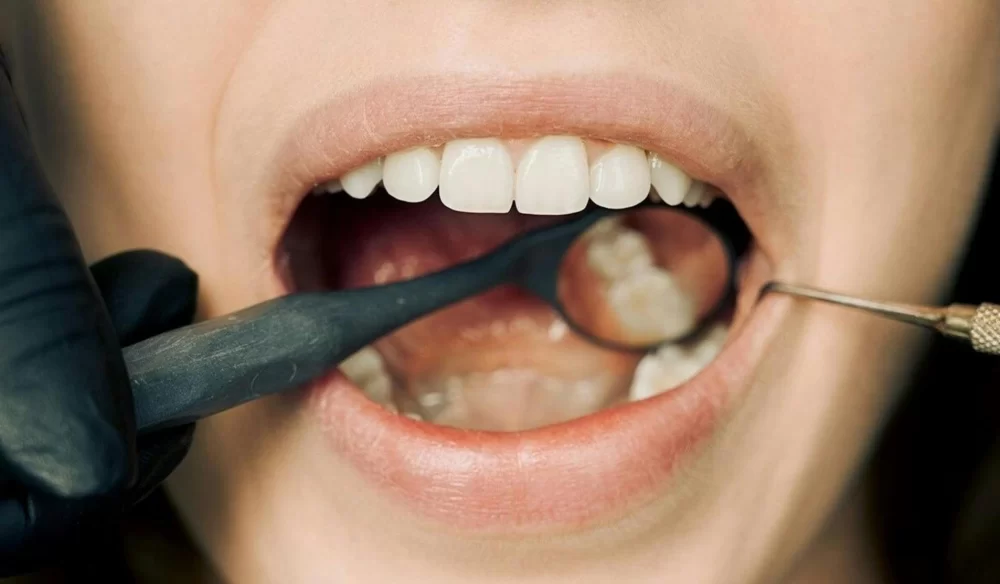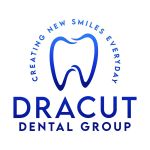 :
:- Understanding Mouth Sores and Their Causes
- Why Dental Treatments Cause Mouth Sores
- Preventive Tips for Avoiding Mouth Sores
- Aftercare Strategies for Dental Treatments
- When to Seek Help for Persistent Mouth Sores
- Real-Life Case Study: Preventing Mouth Sores After Dental Procedures
Understanding Mouth Sores and Their Causes
Mouth sores, also known as ulcers, are painful lesions that appear inside the mouth, often affecting the gums, tongue, or the inner cheeks. They can be triggered by various factors, including stress, hormonal changes, or certain foods. When it comes to dental treatments, mouth sores can also result from irritation or trauma caused by instruments or medications used during the procedure.
While most mouth sores are not dangerous and typically heal on their own, they can be uncomfortable and disruptive. Understanding their causes is the first step in learning how to prevent them.
Why Dental Treatments Cause Mouth Sores
Dental procedures, especially those that involve the use of tools in the mouth, can sometimes lead to the development of mouth sores. Common causes include:
- Trauma from Dental Instruments: During cleanings, fillings, or other treatments, dental tools may cause slight abrasions on the soft tissues inside the mouth.
- Allergic Reactions: Some patients may have allergic reactions to certain materials used in dental treatments, such as latex gloves or specific metals in fillings.
- Infection or Inflammation: Sometimes, the mouth’s tissues become inflamed or infected after dental work, leading to sores.
- Medication Side Effects: Certain medications prescribed after dental procedures, such as antibiotics or painkillers, can cause dryness in the mouth, making the tissues more susceptible to sores.
While dental treatments are crucial for maintaining good oral health, it’s important to take measures to avoid these side effects, including mouth sores.
Preventive Tips for Avoiding Mouth Sores
Fortunately, there are several ways you can prevent mouth sores from occurring after dental treatments. By following these preventive tips, you can reduce your risk and improve your overall oral health:
- Stay Hydrated: Drink plenty of water before and after your dental treatment to keep your mouth moist. This can prevent irritation and dryness, both of which can lead to sores.
- Maintain Good Oral Hygiene: Proper brushing and flossing can help keep your mouth clean and free from bacteria that may contribute to sores. Be gentle when brushing near sensitive areas that have been treated.
- Use a Soft-Bristled Toothbrush: A soft-bristled toothbrush can reduce irritation to your gums and other soft tissues inside your mouth, especially after dental procedures.
- Avoid Spicy or Acidic Foods: After dental treatments, try to avoid foods that are spicy, acidic, or abrasive, as they can irritate sensitive tissues and potentially cause sores.
- Consider Using a Mouth Rinse: An alcohol-free mouthwash can help soothe your mouth and reduce inflammation after dental procedures. Look for mouth rinses with anti-inflammatory properties.
By following these tips, you can minimize the chances of developing mouth sores and ensure a smoother recovery after dental treatments.
Aftercare Strategies for Dental Treatments
After dental treatments, following a good aftercare routine can further reduce the risk of mouth sores. Here are some strategies to help your mouth heal effectively:
- Avoid Touching Treated Areas: Try to avoid touching or disturbing the treated areas inside your mouth. This will give your mouth tissues the time they need to heal without additional irritation.
- Cold Compress: Applying a cold compress to the outside of your mouth can reduce swelling and discomfort around the affected area.
- Over-the-Counter Remedies: There are several over-the-counter gels and creams designed to soothe mouth sores. These products can provide temporary relief from the pain caused by mouth ulcers.
- Gentle Eating: Opt for softer foods that won’t irritate your mouth. Avoid crunchy, rough, or hard foods that can aggravate sores.
Proper aftercare can significantly improve your healing process and ensure that your mouth remains healthy after treatment.
When to Seek Help for Persistent Mouth Sores
If you have followed all preventive and aftercare measures but continue to experience persistent or painful mouth sores, it may be time to consult a dentist. In some cases, mouth sores can be a sign of an underlying condition that requires professional attention. Seek help if:
- Your mouth sores last longer than two weeks.
- You experience severe pain or discomfort that doesn't improve.
- New sores keep appearing, or they seem to worsen over time.
In these cases, your dentist may recommend further treatment options or refer you to a specialist for evaluation.
Real-Life Case Study: Preventing Mouth Sores After Dental Procedures
Let’s consider the case of Mark, a 35-year-old patient who recently underwent a deep cleaning procedure at his dentist's office. Despite the procedure being routine, Mark noticed several small, painful sores inside his mouth shortly after the treatment. Concerned, he contacted his dentist who advised him on proper aftercare, including using a soft toothbrush, avoiding spicy foods, and rinsing with a soothing mouthwash. After following these recommendations for a few days, Mark’s mouth sores healed, and he was able to continue his oral care routine without further discomfort.
This case highlights the importance of proper aftercare and proactive measures in preventing mouth sores after dental treatments. By following professional advice and taking steps to protect your oral health, you can avoid unnecessary discomfort.
If you are concerned about preventing mouth sores or experiencing discomfort after dental procedures, Dentistry Toothtruth is here to provide expert guidance and offer the best products for your oral health needs.







 Kathleen Thieu, DDS, MS4.0 (16 review)
Kathleen Thieu, DDS, MS4.0 (16 review) EZ Dental Specialty Group3.0 (20 review)
EZ Dental Specialty Group3.0 (20 review) Tender Smiles 4 Kids4.0 (450 review)
Tender Smiles 4 Kids4.0 (450 review) Summit Dental Specialists5.0 (13 review)
Summit Dental Specialists5.0 (13 review) Dracut Dental Group5.0 (268 review)
Dracut Dental Group5.0 (268 review) Nashua Cosmetic & Restorative Dentistry, PLLC4.0 (51 review)
Nashua Cosmetic & Restorative Dentistry, PLLC4.0 (51 review) The Importance of Oral Health Education During Pregnancy for a Healthy Pregnancy
The Importance of Oral Health Education During Pregnancy for a Healthy Pregnancy Best Tips for Brushing Your Teeth Properly for Healthy Gums: Essential Techniques for Oral Health
Best Tips for Brushing Your Teeth Properly for Healthy Gums: Essential Techniques for Oral Health Why Skipping Dental Checkups Can Lead to Bigger Oral Health Problems
Why Skipping Dental Checkups Can Lead to Bigger Oral Health Problems Advantages of Porcelain Dental Restorations
Advantages of Porcelain Dental Restorations How Can Diabetes Cause Tooth and Gum Problems? Preventing and Managing Oral Health Issues
How Can Diabetes Cause Tooth and Gum Problems? Preventing and Managing Oral Health Issues Healthy Habits for Promoting Good Oral Health and Hygiene: Tips for a Healthy Smile
Healthy Habits for Promoting Good Oral Health and Hygiene: Tips for a Healthy Smile